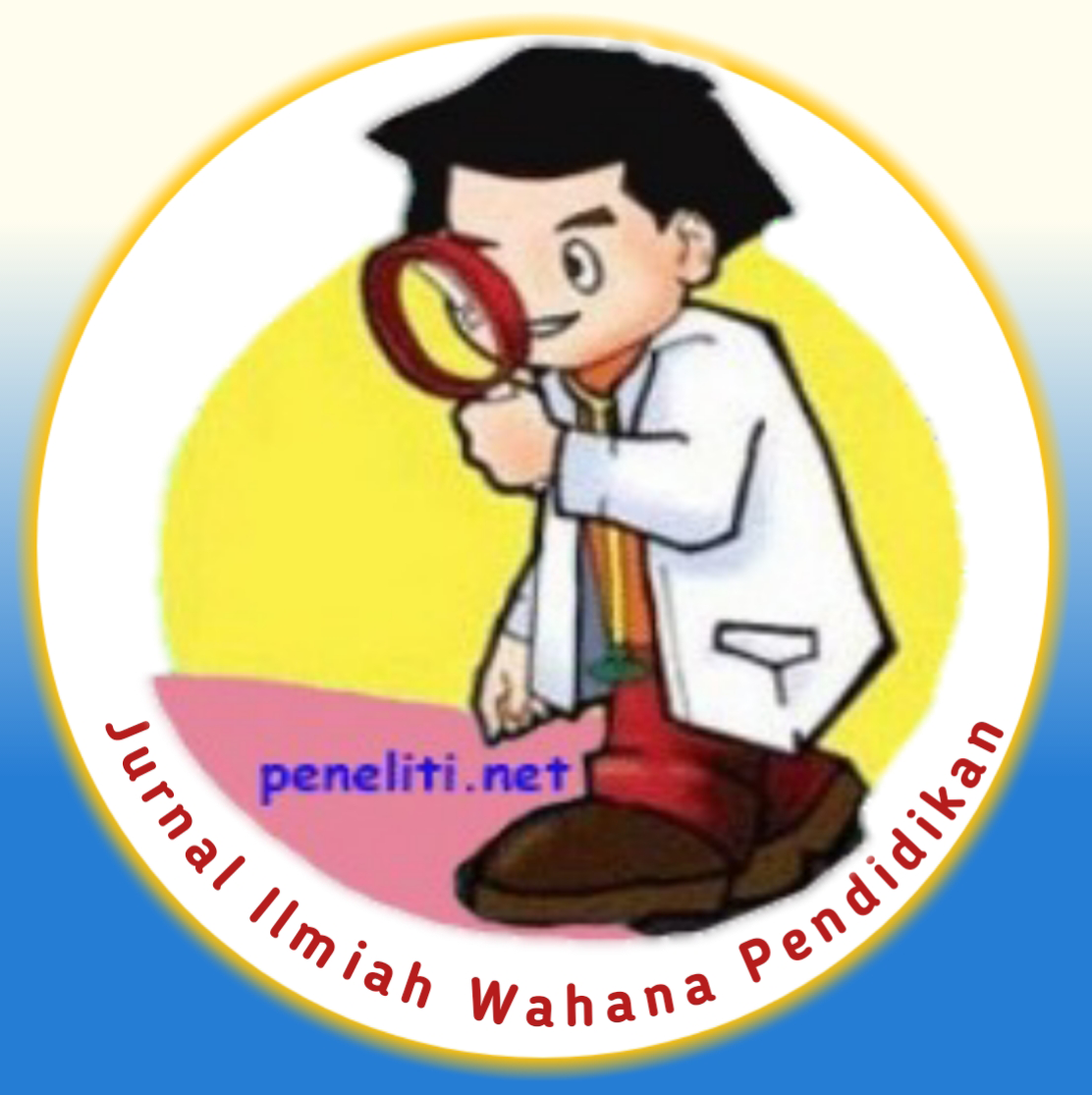Kerjasama Liberal Keantariksaan Antara Indonesia-India Dalam Pengembangan Teknologi Antariksa
Abstract
In the history that starts from the beginning of civilization to enter the present timeline, it is known that living things have only two footholds in this world, namely land and sea. But entering the middle of the 20th century, a foothold other than land and sea emerged, called space, which attracted the attention of many parties because it was believed to have resources where technology could adapt. These resources are the target of many countries because they can be used to become a forum for developing a technology. One of them is Indonesia, a country that wants to develop its space technology to realize its goals. Indonesia seeks to fulfill and advance the interests of its country through cooperative relations with other countries such as India. In this discussion, the main focus of the reading is that this research describes Indonesia's space cooperation with India, which aims to fulfill the interests of the country's resources. The research method used in this research is descriptive research, which refers to a qualitative case study. References from bilateral cooperation relations and space power are used to analyze the application of this space cooperation. Judging from the explanation above, this research shows that there are no concrete results from the continuation of the implementation of Indonesia-India space cooperation on the development of Indonesia's space technology.
References
Bohlmann, U. M. (2015). Space Technology Export Controls. In K.-U. Schrogl, P. L. Hays, J. Robinson, D. Moura, & C. Giannopapa (Eds.), Handbook of Space Security: Policies, Applications and Programs (pp. 274-289). New York: Springer.
Creswell, J. W. (2007). Qualitative Inquiry & Research Design: Choosing Among Five Approaches (2nd ed.). Thousand Oaks: SAGE Publications.
Dougherty, J. E., & Pfaltzgraff, R. L. (2001). Contending Theories of International Relations: A Comprehensive Survey (5th ed.). London: Longman.
Harding, R. C. (2013). Space Policy in Developing Countries: The Search for Security and Development on the Final Frontier (Space Power and Politics). Oxon: Routledge.
Hays, P. L. (2015). Spacepower Theory. In K.-U. Schrogl, P. L. Hays, J. Robinson, D. Moura, & C. Giannopapa (Eds.), Handbook of Space Security: Policies, Applications and Programs (pp. 57-80). New York: Springer.
Holsti, K. J. (1995). International politics: A framework for analysis (7th ed.). New Jersey: Prentice-Hall International.
Ibrahim. (2015). Metodologi Penelitian Kualitatif: Panduan Penelitian beserta Contoh Proposal Kualitatif. Bandung: Alfabeta.
ISRO. (2021). International Cooperation. From Department of Space, Indian Space Research Organisation: https://www.isro.gov.in/international-cooperation
Johnson, J. (2018). Sputnik and the Space Race. New York: Cavendish Square Publishing.
Kementerian Luar Negeri RI. (2002, April 3). Memorandum of Understanding Between The National Institute of Aeronautics and Space of the Republic of Indonesia and The Indian Space Research Organization of the Republic of India on Cooperation in the Field of Outer Space Research and Development. From Treaty Room Ministry of Foreign Affairs of the Republic of Indonesia: https://treaty.kemlu.go.id/apisearch/pdf?filename=IND2002-0031.pdf
Kementerian Luar Negeri RI. (2021). Home. Retrieved from Treaty Room Ministry of Foreign Affairs of the Republic of Indonesia: treaty.kemlu.go.id
Krisna, D. (1993). Kamus Politik Internasional. Jakarta: Grasindo.
Kuehl, D. T. (2009). From Cyberspace to Cyberpower: Defining the Problem. In F. D. Kramer, S. H. Starr, L. Wentz, & eds, Cyberpower and National Security (pp. 24-42). Lincoln: University of Nebraska Press.
LAPAN. (2021). Sejarah LAPAN. From Lembaga Penerbangan dan Antariksa Nasional: https://www.lapan.go.id/page/sejarah
Lupton, D. E. (1998). On Space Warfare: A Space Power Doctrine. Alabama: Air University Press.
Mineiro, M. C. (2012). Space Technology Export Controls and International Cooperation in Outer Space. London: Springer.
NASA. (2013). Benefits Stemming from Space Exploration. From National Aeronautics and Space Administration: https://www.nasa.gov/sites/default/files/files/Benefits-Stemming-from-SpaceExploration-2013-TAGGED.pdf
Neuman, W. L. (2014). Social Research Methods: Qualitative and Quantitative Approaches (7th ed.). Essex: Pearson Education Limited.
Nugraha, A. I. (2019). Manfaat dan Tantangan Kerja Sama Bilateral dalam Penyelenggaran Kegiatan Keantariksaan di Indonesia. Prosiding Seminar Nasional Kebijakan Penerbangan dan Antariksa III (SINAS KPA-III) 2018 (hal. 39-55). Jakarta: PT. In Media.
Oberg, J. E. (1999). Space Power Theory. Colorado Springs: US Air Force Academy.
Pakpahan, E. S. (2021, Maret 10). Keantariksaan Indonesia dan Perkembangan Teknologinya serta Kerjasama Keantariksaan Indonesia-India dalam Pengembangan Teknologi Antariksa Periode 2017-2020. (N. N. Firdaus, Interviewer)
Stake, R. E. (1995). The Art of Case Study Research. Thousand Oaks: SAGE Publications.
Teknologi, P., & Periode, A. (2021). No Title.
Tow, W. T., & Taylor, B. (2013). Bilateralism, Multilateralism and Asia-Pacific Security: Contending cooperation. New York: Routledge.
Undang-Undang No 21 Tahun 2013. (2013, Agustus 6)
UNOOSA. (2020). Roles and Responsibilities. From United Nations Office for Outer Space Affairs: https://www.unoosa.org/oosa/en/aboutus/roles-responsibilities.html
UNOOSA. (2021). Committee on the Peaceful Uses of Outer Space. From United Nations Office for Outer Space Affairs: https://www.unoosa.org/oosa/en/ourwork/copuos/index.html
Yudhaswari, A. T. (2018). Peran Indonesia Dalam Fora Internasional Untuk Penggunaan Antariksa. Prosiding Seminar Nasional 2017 Pusat Kajian Kebijakan Penerbangan dan Antariksa LAPAN (pp. 1-9). Jakarta: PT. In Media




